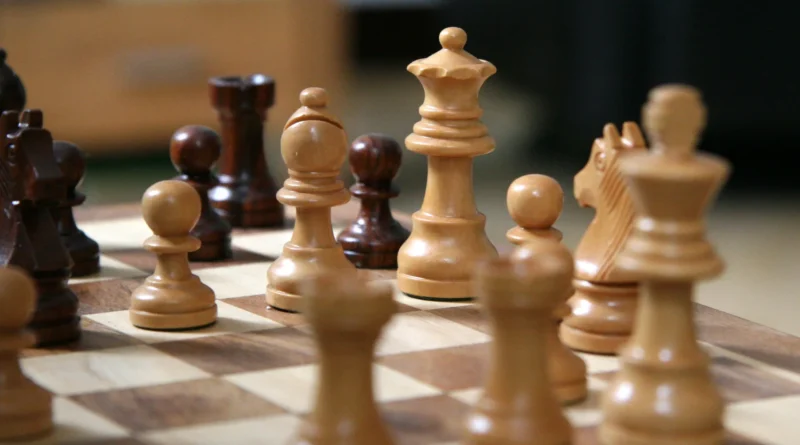Chess academies: Nurturing young minds through expert training
The game of chess has traditionally served students to develop both critical thinking abilities and tactical decision-making capabilities. Chess classes provide structured sessions that welcome beginners and advanced players to learn about the game purposefully. Students learn the fundamentals alongside more complex tactics through structured training, which improves their performance in the game. Participating in chess classes trains individuals to develop both discipline and patience, which creates advantages for life skills outside of board games.
1.Chess academies enhancing intelligence
Chess academies function as vital spaces which develop student intelligence while developing their abilities. Students gain knowledge about different opening moves middle-game approaches and endgame tactics with specialized training from experts. Academies design systemized programs which adjust to varying degrees of skill so students can advance at their pace. Competitive environments in practice sessions alongside interactive matches and tournaments help develop student competitiveness and enable mistake analysis for better decision-making abilities.
2.Chess classes building cognitive skills
Students who join chess classes show marked improvement in their problem-solving and logical reasoning capacity along with their memory skills. Analyses gain precision from learning different tactics and patterns while practice builds persistent focus. The game of strengthens mathematical capabilities and spatial thinking thus enhancing students’ academic performance. Routine gameplay teaches students to stay patient while building resilience by making them plan their moves intelligently.
3.Chess academy offering competitive exposure
Students enrolled in a well-organized academy have access to participate in championships that start at local levels and extend to national championships and international events. Through competitive exposure, learners can apply their knowledge to dynamic scenarios which enhances their confidence while improving their ability to handle stressful situations. Studying varying opponents during games encourages students to try different approaches which boosts their gameplay ability. The benefits of tournament participation create a stronger understanding of sportsmanship as students prepare for more advanced competition levels.
4.Chess classes encouraging lifelong learning
The learning experience in classes combines present skill progress with continued educational development for lasting growth. Chess presents students with an infinite field of possibilities which drives them to discover new ways to play. Beyond scheduled classes, students participate in independent study activities along with online competitions and superior training opportunities. Every game offers personal lessons which allows chess to be an enriching pursuit that keeps intellect active for a lifetime.
5.Chess academy strengthening social connections
A chess academy serves as a venue for people to build connections while working together with individuals who share their passion. By participating in group training sessions along with friendly matches and tournaments individuals develop better communication abilities with enhanced teamwork. Players who participate with different individuals gain knowledge of unique approaches and discover multiple competitive strategies. A strong community atmosphere in academies drives students to learn better and share knowledge which creates social value in chess activities.
Chess facilities serve three essential purposes they help students master cognitive abilities while acquiring new abilities and building social relationships. Chess Academy combines directed education with competitive elements and strategic instruction that creates lifelong advantages for its members outside the board. Intellectual enrichment through extends across a person’s lifetime because the game offers educational benefits together with social connections and individual self-improvement. Participation in education leads students to develop crucial competencies which enhance their gaming abilities while advancing their achievements for their future careers.



